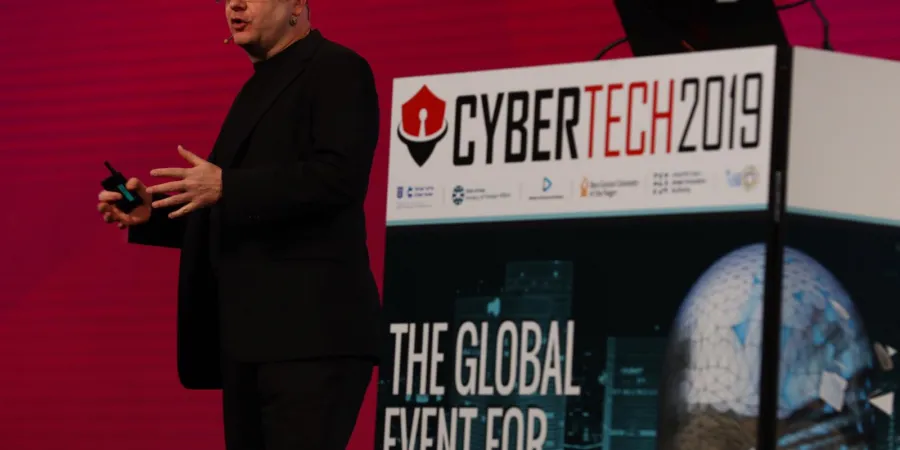Cybertech 2019: What does the Future Hold in Store for Cybersecurity?
Leading industry executives delivered a range of fascinating lectures on the future of cyber and the changing world during the second day of Cybertech 2019. Check Point Founder and CEO, Gil Shwed: "The real revolution is in the design of modern architectures that would utilize cloud computing services to provide protection"
Dan Arkin
| 29/01/2019
The scope and severity of the risks and threats facing cybersecurity are increasing and becoming more sophisticated. The future of cybersecurity is in automation, in machines replacing human operators, in the recruitment of professional, specialist human cybersecurity teams and in the increasing use of cloud computing services – suggested a few of the leaders of the Israeli cybersecurity community in several lectures delivered at Cybertech Tel Aviv 2019. Thousands of visitors currently attend the largest event in Israel.

Brig. Gen. (res.) Ehud Schneorson, Managing Director of Blumberg Capital and formerly the commander of IDF Unit 8200, said that "Cyberattacks are the war of sophisticated individuals who use state-of-the-art computer systems. The technologies being employed are becoming more advanced, so it is very important to recruit highly-motivated cyber specialists to protect companies and organizations. That would not be enough in the future, however, and the solution is to develop machines, robots, to maintain cybersecurity. Artificial intelligence and machine learning technologies are already being employed, but cyberattacks will also become more complex, so robotics are required in this field, too. It is a difficult undertaking to build a robot to maintain cybersecurity, but it is possible," said Schneorson, "and the condition is to recruit suitable research groups for this task."
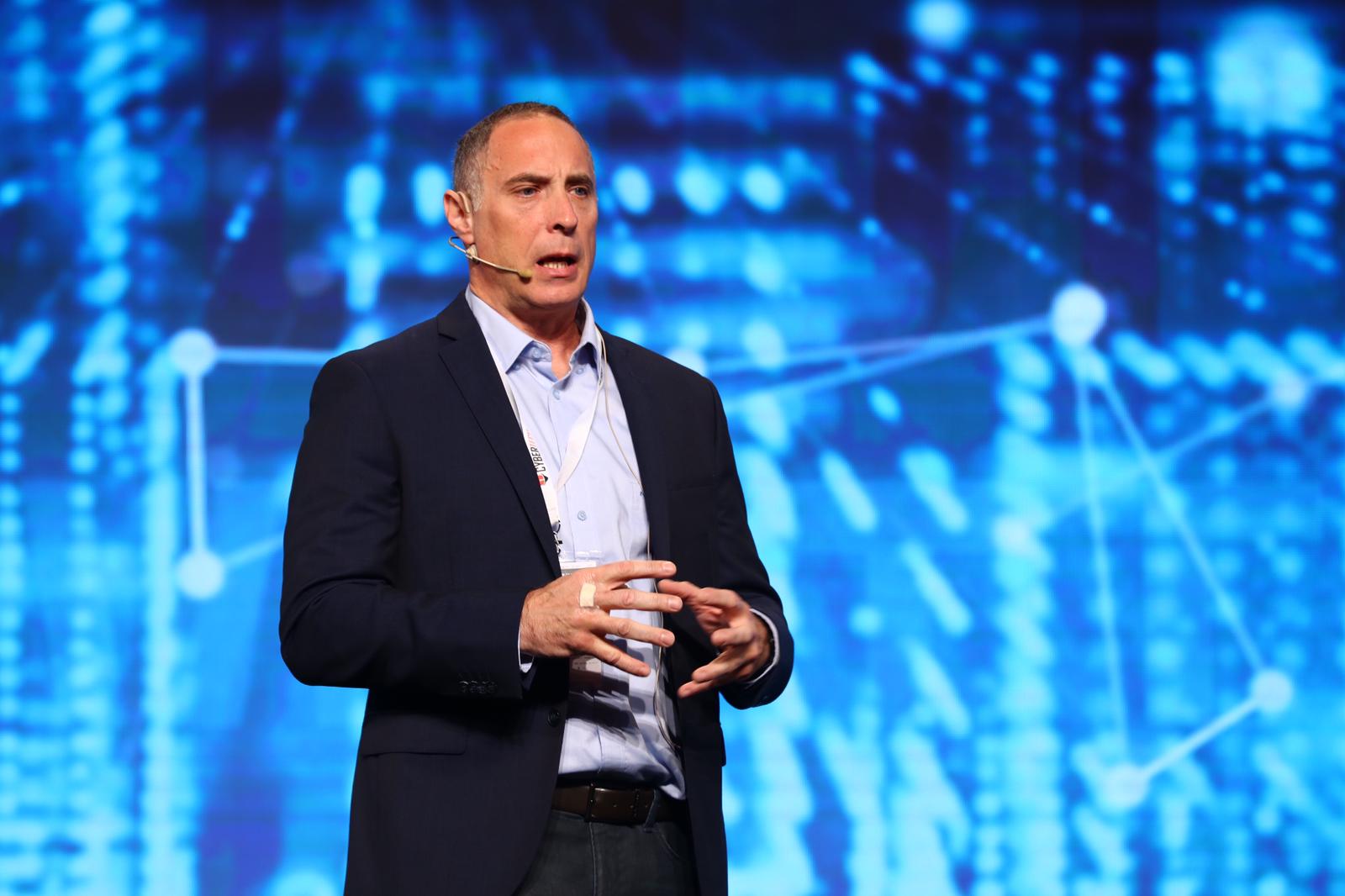
Gil Shwed, Founder and CEO of Check Point Software Technologies, stated categorically that cyberattacks are at the very top of the list of risks worldwide. "48% of companies and organizations worldwide have suffered from cyberattacks. The world has gotten used to spotting and detection operations as an attempt to cope, but that is not enough and we must switch to prevention, as the world is entering an era of mega-cyberattacks. We currently list five generations of cyberattack types, and many companies still employ second or third generation security measures, which are outdated, while we are already facing the fifth generation. Consequently, we should prepare to defend against the sixth generation. Today, I can block a certain type of cyberattack, but a different attack may arrive from a different angle at any minute.
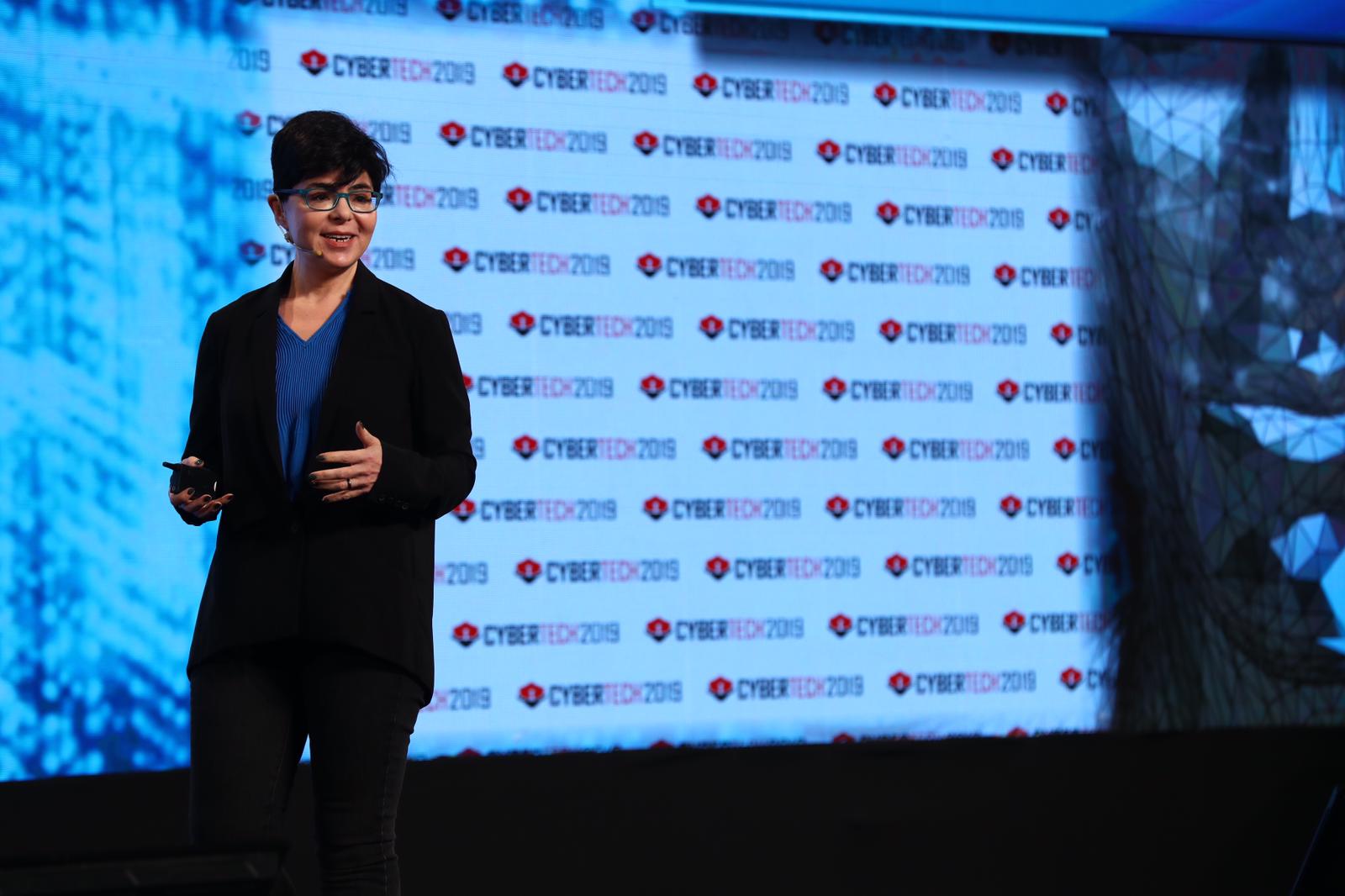
"A cyberattack consists of dozens of stages, there are 460 combinations. Consequently, the real revolution is in the design of modern architectures that would utilize cloud computing services to protect dozens of activities within the organization, like Internet, cellular and IoT. To protect all of these activities, we will use cloud computing services that may be updated continuously while using artificial intelligence technologies."
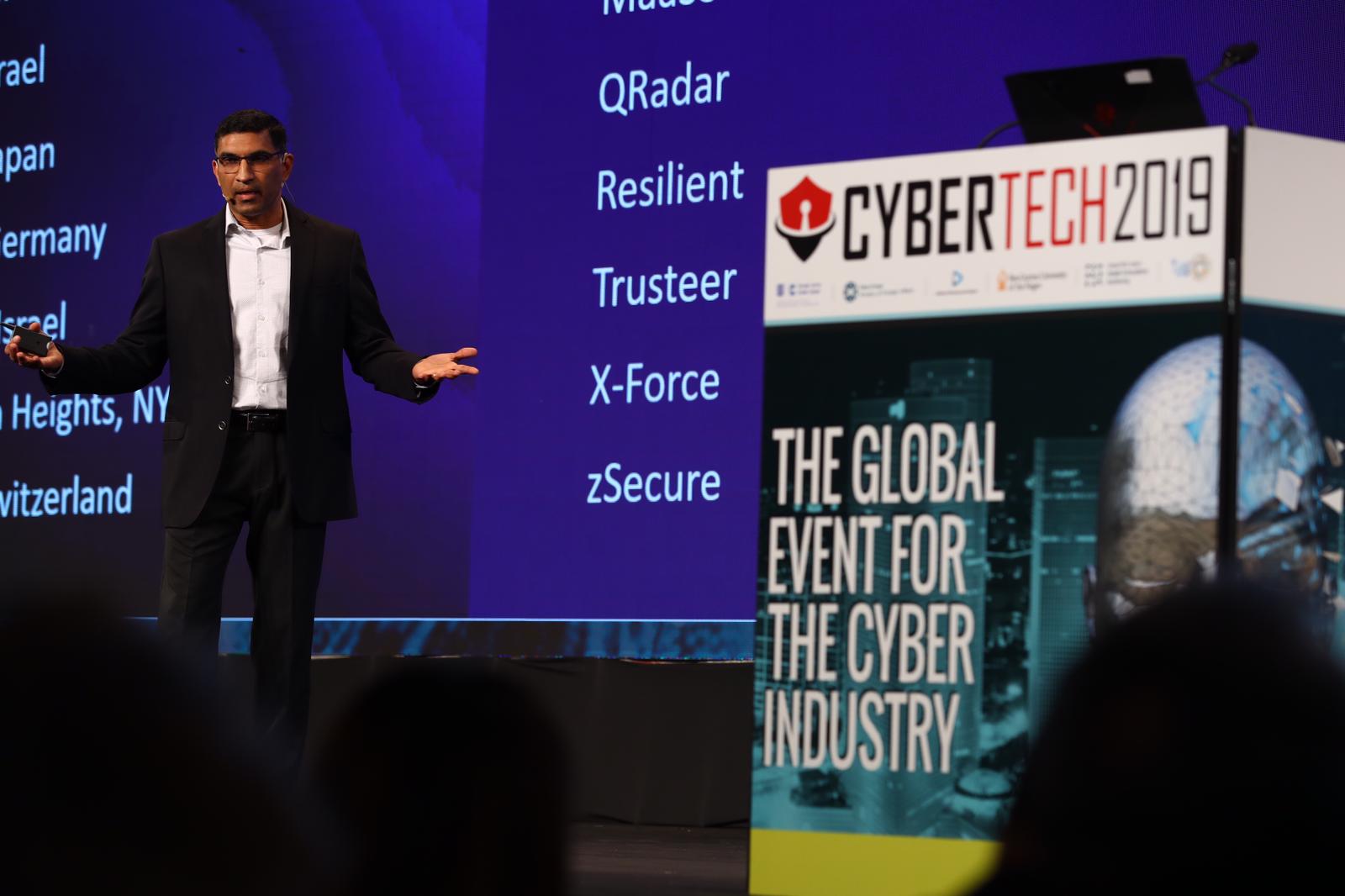
Dr. Zulfikar Ramzan, CTO at RSA, said that 150 countries suffered from cyberattacks in the last year, with cumulative damage of about four billion dollars. "One of the solutions is properly setting up the organization that faces cyber threats, and the most important stage is spotting and managing the risks. This is accomplished by using modern artificial intelligence and machine learning technologies."
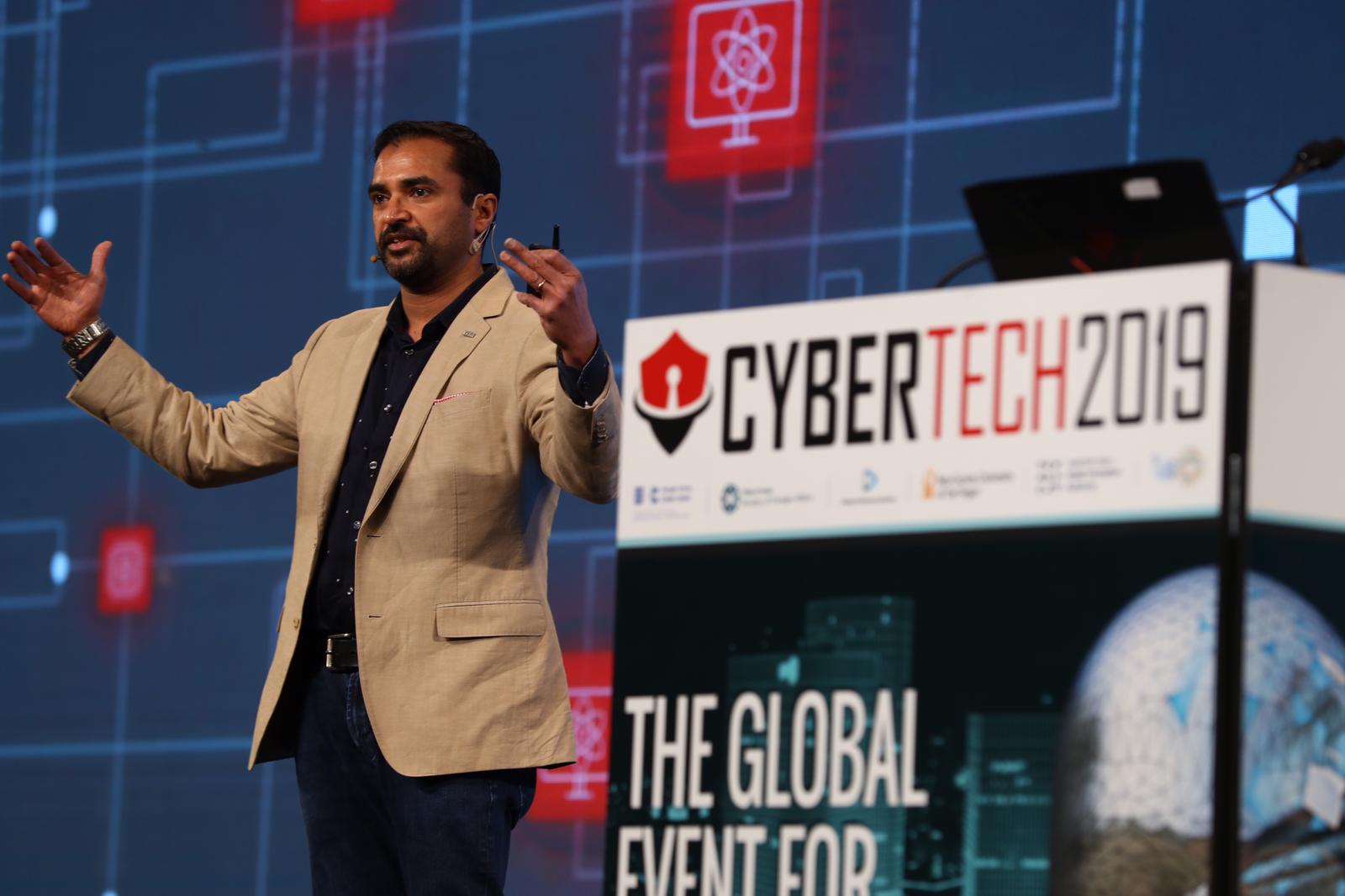
Haiyan Song, SVP Security Markets at Splunk, spoke about cybersecurity in an era of data explosion. "The world is experiencing a real state of chaos with regard to the massive amounts of data and the question is how to process all of those data." She suggests the establishment of a cybersecurity nerve center that would collect data and information, engage in analytics and in the planning of operations for preventing cyberattacks and maintaining cybersecurity. According to her, the data explosion provides new opportunities for creativity and innovation in the various fields of cybersecurity.
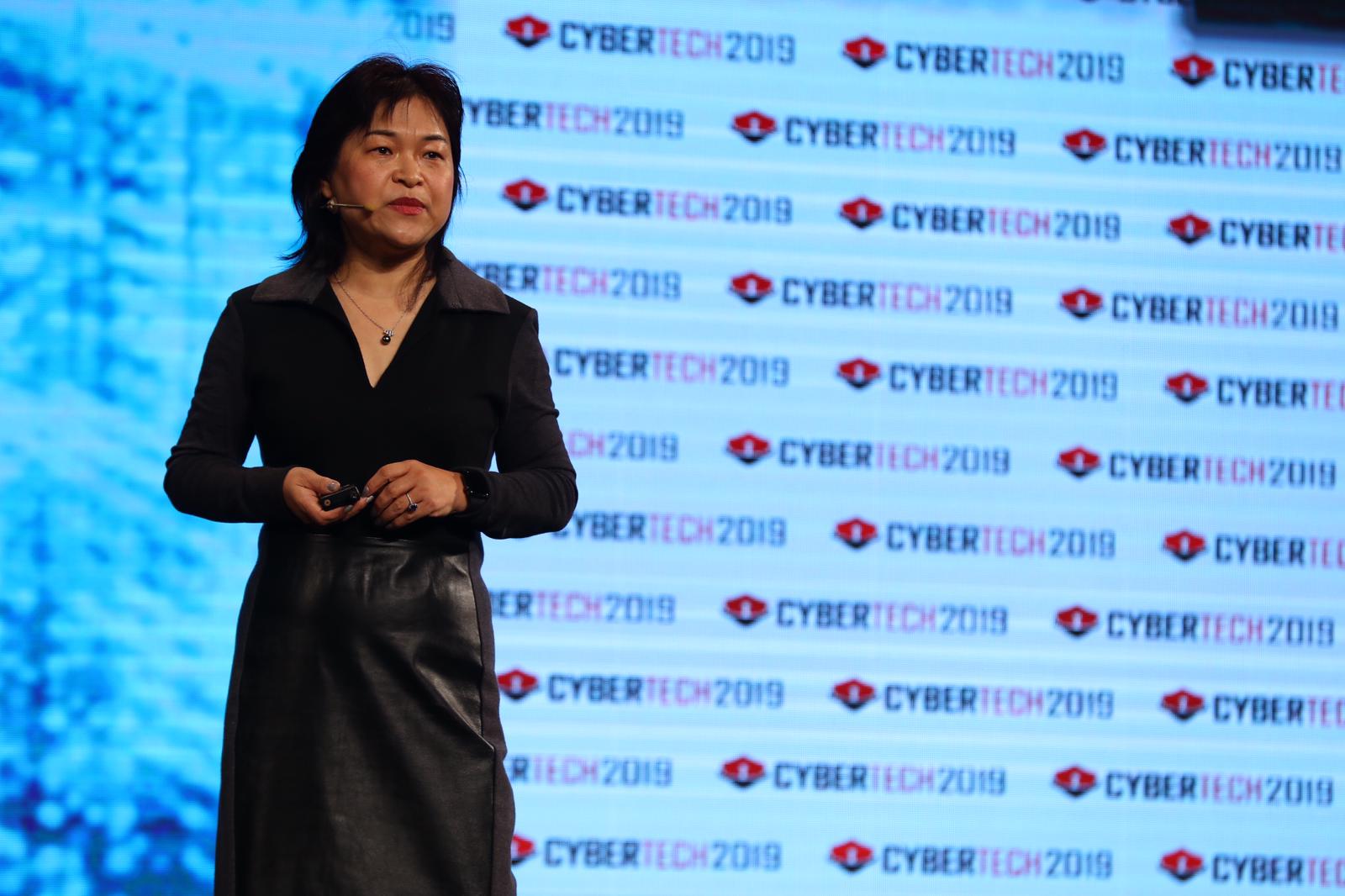
Andreas Herzig of Deloitte Germany devoted his lecture to cyber in the era of the future autonomous car. The automotive industry is already dealing with the digitization of the car manufacturing process. The autonomous electrical car depends on computer software, and the software is vulnerable to cyberattacks. The automotive industry is currently undergoing a transition from hardware to software. Consequently, the car of the future will require a diversified range of new technologies for identifying cyber intrusions and preventing harm or damage to the vehicle and the person driving it. The modern car will operate online, says Herzig, and the global automotive industry must start coming to terms with this revolution.
Leading industry executives delivered a range of fascinating lectures on the future of cyber and the changing world during the second day of Cybertech 2019. Check Point Founder and CEO, Gil Shwed: "The real revolution is in the design of modern architectures that would utilize cloud computing services to provide protection"
The scope and severity of the risks and threats facing cybersecurity are increasing and becoming more sophisticated. The future of cybersecurity is in automation, in machines replacing human operators, in the recruitment of professional, specialist human cybersecurity teams and in the increasing use of cloud computing services – suggested a few of the leaders of the Israeli cybersecurity community in several lectures delivered at Cybertech Tel Aviv 2019. Thousands of visitors currently attend the largest event in Israel.

Brig. Gen. (res.) Ehud Schneorson, Managing Director of Blumberg Capital and formerly the commander of IDF Unit 8200, said that "Cyberattacks are the war of sophisticated individuals who use state-of-the-art computer systems. The technologies being employed are becoming more advanced, so it is very important to recruit highly-motivated cyber specialists to protect companies and organizations. That would not be enough in the future, however, and the solution is to develop machines, robots, to maintain cybersecurity. Artificial intelligence and machine learning technologies are already being employed, but cyberattacks will also become more complex, so robotics are required in this field, too. It is a difficult undertaking to build a robot to maintain cybersecurity, but it is possible," said Schneorson, "and the condition is to recruit suitable research groups for this task."

Gil Shwed, Founder and CEO of Check Point Software Technologies, stated categorically that cyberattacks are at the very top of the list of risks worldwide. "48% of companies and organizations worldwide have suffered from cyberattacks. The world has gotten used to spotting and detection operations as an attempt to cope, but that is not enough and we must switch to prevention, as the world is entering an era of mega-cyberattacks. We currently list five generations of cyberattack types, and many companies still employ second or third generation security measures, which are outdated, while we are already facing the fifth generation. Consequently, we should prepare to defend against the sixth generation. Today, I can block a certain type of cyberattack, but a different attack may arrive from a different angle at any minute.

"A cyberattack consists of dozens of stages, there are 460 combinations. Consequently, the real revolution is in the design of modern architectures that would utilize cloud computing services to protect dozens of activities within the organization, like Internet, cellular and IoT. To protect all of these activities, we will use cloud computing services that may be updated continuously while using artificial intelligence technologies."

Dr. Zulfikar Ramzan, CTO at RSA, said that 150 countries suffered from cyberattacks in the last year, with cumulative damage of about four billion dollars. "One of the solutions is properly setting up the organization that faces cyber threats, and the most important stage is spotting and managing the risks. This is accomplished by using modern artificial intelligence and machine learning technologies."

Haiyan Song, SVP Security Markets at Splunk, spoke about cybersecurity in an era of data explosion. "The world is experiencing a real state of chaos with regard to the massive amounts of data and the question is how to process all of those data." She suggests the establishment of a cybersecurity nerve center that would collect data and information, engage in analytics and in the planning of operations for preventing cyberattacks and maintaining cybersecurity. According to her, the data explosion provides new opportunities for creativity and innovation in the various fields of cybersecurity.

Andreas Herzig of Deloitte Germany devoted his lecture to cyber in the era of the future autonomous car. The automotive industry is already dealing with the digitization of the car manufacturing process. The autonomous electrical car depends on computer software, and the software is vulnerable to cyberattacks. The automotive industry is currently undergoing a transition from hardware to software. Consequently, the car of the future will require a diversified range of new technologies for identifying cyber intrusions and preventing harm or damage to the vehicle and the person driving it. The modern car will operate online, says Herzig, and the global automotive industry must start coming to terms with this revolution.

